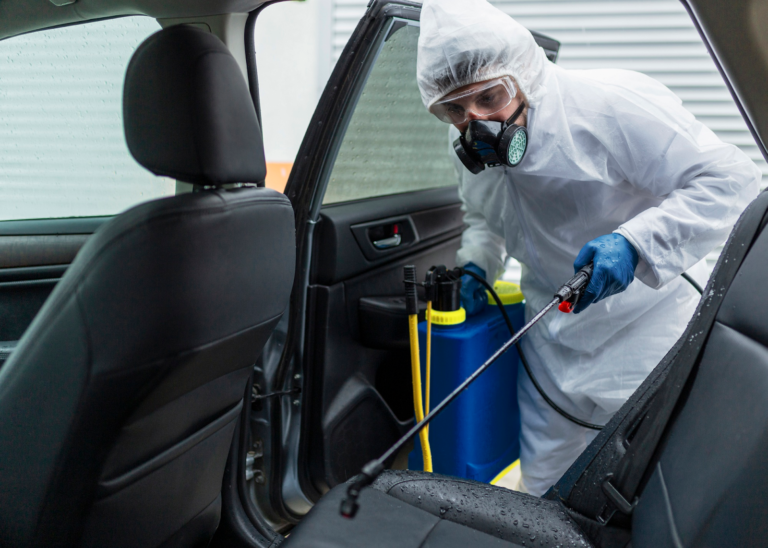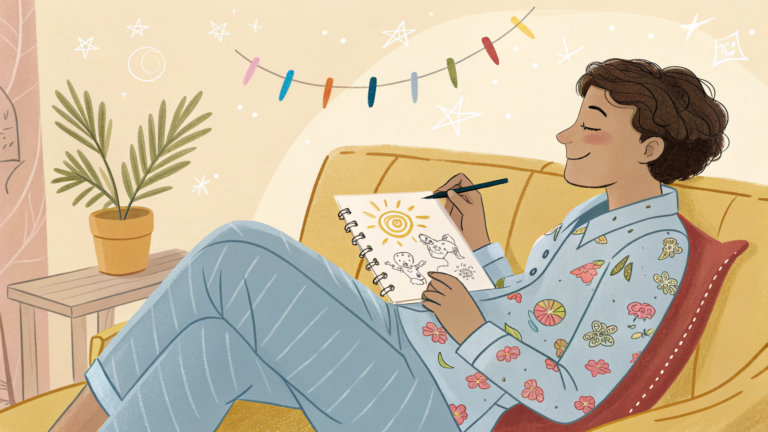
The wraps of vehicles are often used for advertising businesses or managing fleets of vehicles. However, their durability and long-term looks are points of concern. One of the biggest problems with car wraps is that they can undergo yellowing, which can devalue their image. Because of that, the automotive wrap industry adopted anti yellowing technology which has changed the situation around.
This is especially important for companies purchasing high quality vehicle wraps – they need to understand how it works and what advantages it can bring. In this article, we look at the science against yellowing, what actually makes the wrap turn yellow, and how some protective measures like ceramic coatings and selection of the best window tint brand can improve durability.
What Causes Car Wrap Yellowing
Wraps turning yellow is a result of a lot of changing environmental and chemical circumstances, also known as car wrap yellowing. Failing to make the necessary improvements to the sticker could heavily influence a company’s marketing strategies and overall appeal.
Some key contributors to yellowing include:
– UV Exposure: The prolonged exposure to the sun’s UV rays highly impacts the chemical composition of vinyl wraps – bringing the breakage to the width of the structure and causing the wrap itself to discolor while acquiring a yellowish tint.
– Oxidation: Air pollution combined with oxygen breaks down the wrap material disintegrating and decomposing it. This outright accelerates discoloration in a big way.
– Poor-Quality Adhesives: Adhesives used on low-grade vinyl wraps are ever degrading and causing the wrap to yellow and lose its impact and aesthetic appeal.
– Chemical Contamination: Stains and yellowing on a wrap can occur due to a variety of road pollutants, grease on the roads, and even extreme cleaning chemicals.
Considering these elements can help businesses take measures to ensure that the vehicle wraps are vibrant and pristine for an extended period.
How Anti-Yellowing Technology Works
This newest form of wrap production disallows any stains from becoming permanent, thus increasing the wraps lifespan. The means by which this technology works are as follows:
– UV-Resistant Coatings: Premium wraps are built with layers that obstruct the radiation of the sun. This feature prevents the wraps from discoloring and becoming yellowed.
– Advanced Polymer Formulations: Enhanced polymer materials enable modern day wraps to withstand oxidation and chemical damage more efficiently.
– Self-Healing Properties: Premium wraps are often endowed with the function of self-restoration. This allows for any damage in the form of scratches or surface deterioration to be repaired while maintaining the wraps color and quality.
– Protective Laminates: In order to provide further protection from flying dust and other pollutants, a transparent protective shield is placed over the wrap.
Thanks to these developments, businesses can put money into vehicle wraps that will remain unspoiled and intact for years, hedging them from functional branding issues.
Choosing High-Quality Wraps
Purchasing an inferior grade wrap leads to an unprofessional look due to yellowing, making it essential to choose high quality wraps.
Consider these points of importance for the best choice of a wrap:
– Material Quality: Check if the leading top shelf yellowing resistant vinyl wrap brands utilize cutting-edge anti-yellowing technology.
– Brand Reputation: Top-grade industry suppliers should be your first choice for wraps.
– Thickness and Durability: Wraps of greater thickness are less likely to be damaged by elements.
– Warranty and Lifespan: A high-quality wrap should guarantee freedom from yellowing while being long-lasting, ideally for more than 5 years.
Investing in high-end wraps guarantees increased customer confidence and trust as well as business.
Enhancing Wrap Longevity with Ceramic Coatings
The most effective way to enhance yellowing prevention and extend lifespan is through the application of ceramic coatings on vehicle wraps. It serves as a protective wrap that is placed over the top of the wrap, acting as a barrier while increasing the wrap’s resistance to the elements.
The effective way to avoid discoloration while ensuring the wrap looks clean and polished is through the installation of ceramic coating headlights. Along with that a complete wrap for the entire vehicle can be used. With ceramic coatings, you get:
– Hydrophobic Properties: Contaminants such as water are repelled, ensuring that cleaning is made easier while grime is kept at bay.
– UV Resistance: Further exposure to the sun which aids in yellowing is greatly reduced.
– Scratch Protection: It makes a robust barrier from minor scratches and abrasions.
– Chemical Resistance: Offers protection from pollutants, road salts, and industrial chemicals which could possibly lead to degrading the wrap.
Businesses with large fleets or high-end service vehicles find wraps economical because ceramic coating enhances the aesthetics and durability of car wraps.
Additional Protective Measures
Apart from high-quality wraps and ceramic coating, fleets can take extra precautions to protect their business’s branding.
– Cleaning and Maintenance: Use milder detergents and cleaners that do not contain harsh chemicals which may cause damage to the wrap over time.
– Correct Placement of Vehicles: Whenever possible, store vehicles in the shade or place them under cover to minimize exposure to sunlight.
– Window Tints: Investing in the best window tint brand helps in shielding the vehicle interior as well as the wrap from sun rays to prevent yellowing.
– Routine Wrap Check: Regularly inspecting the state of the wraps can lead to minor problems being fixed before they escalate to bigger issues.
Protecting the vehicle’s brand through these simple methods can leave a business with professional looking vehicles and maximize the investment the business made on the wrap.
In the car wrap industry, the anti-yellowing innovation is one of the most important breakthroughs since it helps businesses keep their fleets attractive looking.
Modern wraps made out of polymers and laminates are environmentally friendly, simple to apply, and durable thanks to the UV resistant coatings.
Using high-end wraps alongside ceramic coating headlights and the best window tint brand will significantly improve the durability of the wrap. A well-maintained vehicle wrap also relies on appropriate storage techniques, which are equally important.
Incorporating anti yellowing technology will allow companies to utilize their vehicles for advertising purposes without worrying about how it will affect their branding. Proper materials and optimal storage will allow businesses to maintain an attractive vehicle wrap that best portrays the brand.





